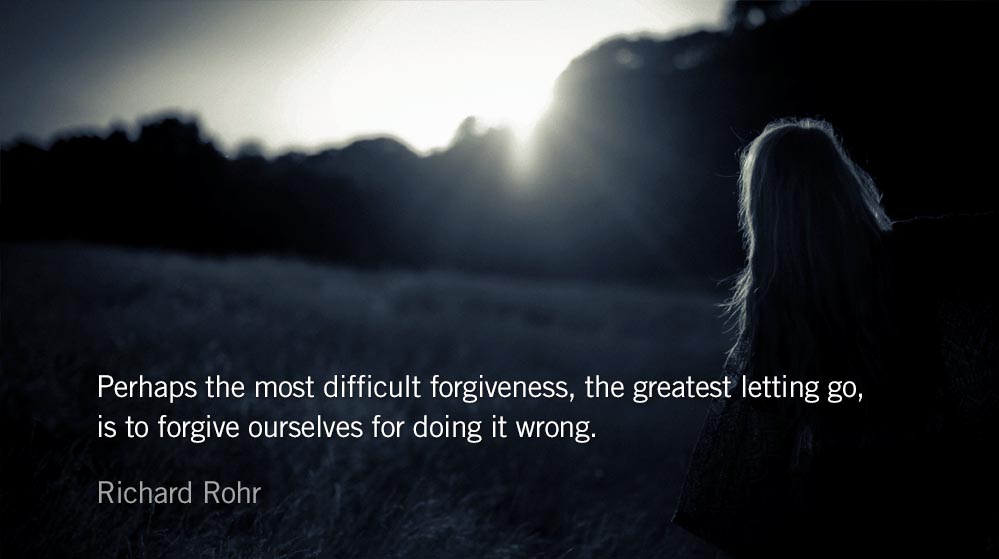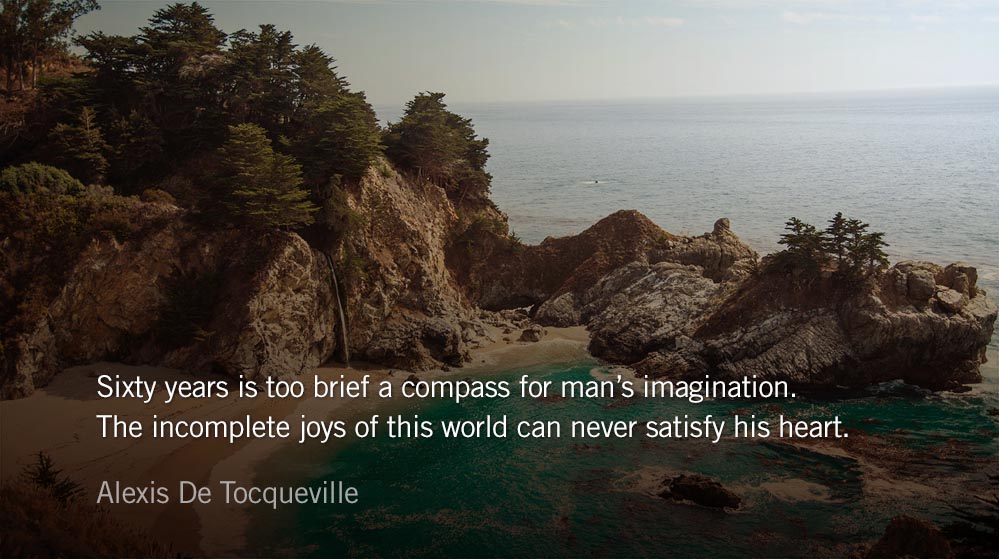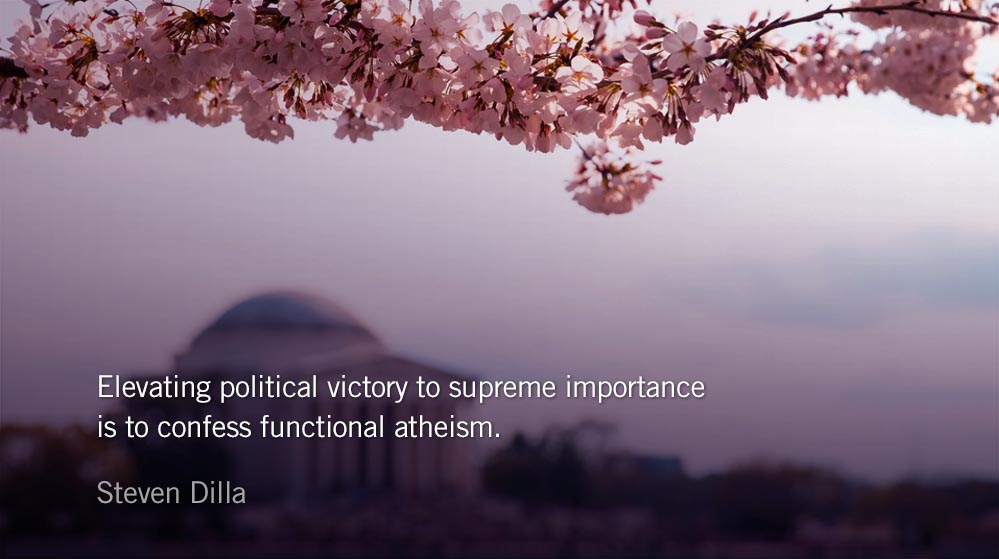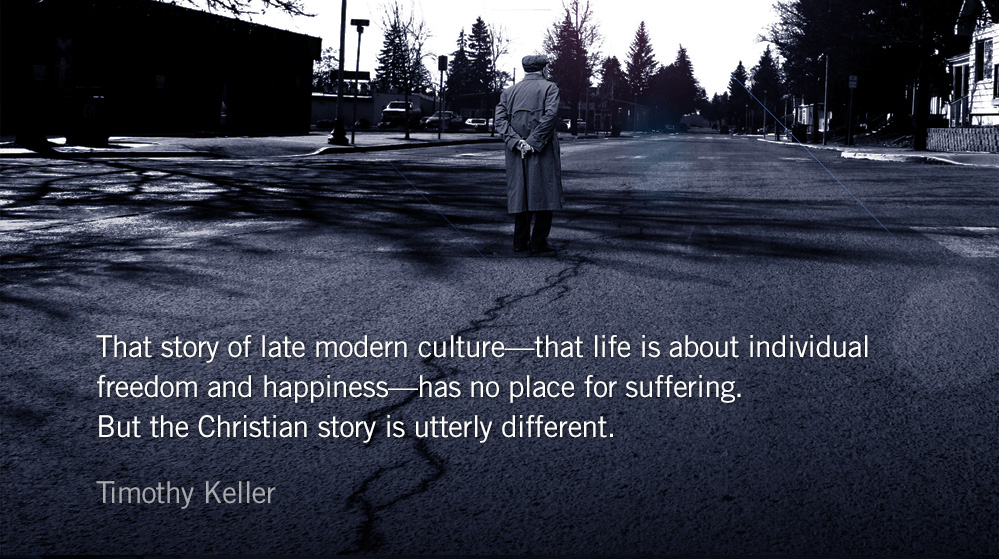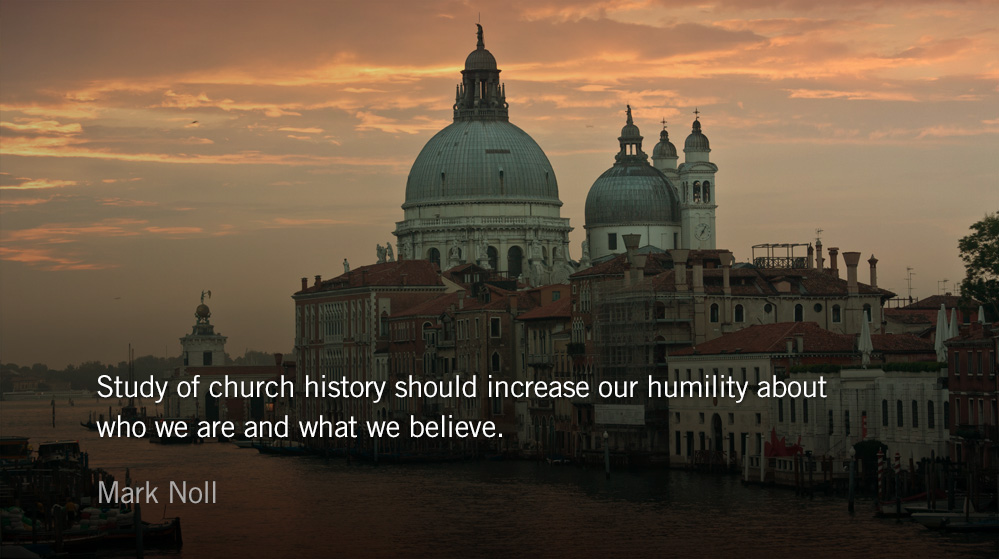You felt secure in your wickedness, you said, “No one sees me”; your wisdom and your knowledge led you astray, and you said in your heart, “I am, and there is no one besides me.” — Isaiah 47.10
No one sees me—Adam as he hid in the garden of Eden. No one sees me—David after he dominated Bathsheba and sent her away. No one sees me—Peter as he cowered into the night after the crowds identified him as a follower of Christ.
The eyes of the Lord are in every place, keeping watch on the evil and the good. — Proverbs 15.3
“Where are you?” God’s voice called after Adam. “You are that man!” the prophet cried to David. “And Peter remembered the saying of Jesus, ‘Before the rooster crows, you will deny me three times.’ And he went out and wept bitterly.”
Exposed.
Each had legitimate reasons—wisdom and knowledge—that explained what happened and could help self-justify so their lives could move forward. But, “I am and there is no one besides me”— the mantra of self-actualization—quickly turned to “I AM was beside me.” Each caught in their sin.
And, yet, none were left alone. None were crushed for moral failure. God saw not only their sin, but the path of restoration. Richard Rohr remarks,
Perhaps the most difficult forgiveness, the greatest letting go, is to forgive ourselves for doing it wrong. We need to realize that we are not perfect, and we are not innocent. If I want to maintain an image of myself as innocent, superior, or righteous, I can only do so at the cost of truth. We have for too long confused holiness with innocence, whereas holiness is actually mistakes overcome and transformed, not necessary mistakes avoided.
Letting go is different than denying or repressing. To let go of it, you have to admit it. You have to own it. You see it and you hand it over to God. You refuse to let the negative story line that you’ve wrapped yourself around define your life.
Letting go of our cherished images of ourselves is really the way to heaven, because when you fall down to the bottom, you fall on solid ground, the Great Foundation, the bedrock of God. It looks like an abyss, but it’s actually a foundation. On that foundation, you have nothing to prove, nothing to protect: “I am who I am who I am,” and for some unbelievable reason, that’s what God has chosen to love.
Today’s Reading
Isaiah 47 (Listen – 2:52)
Revelation 17 (Listen – 3:19)

